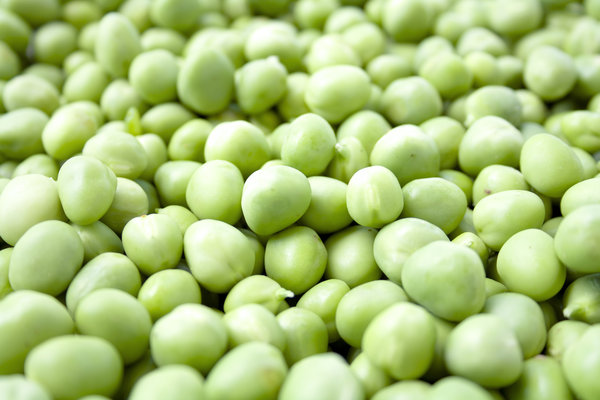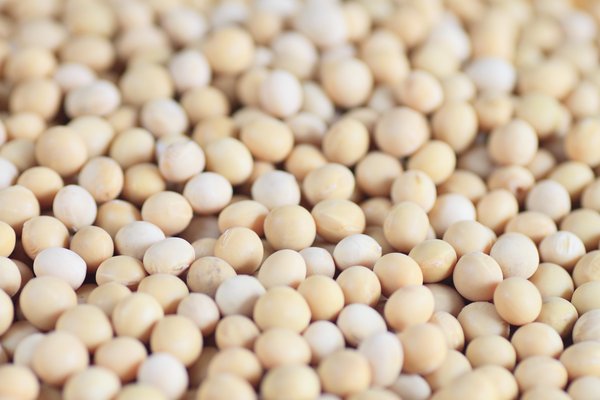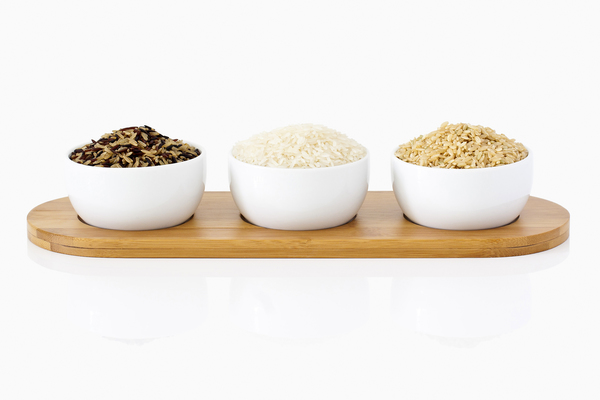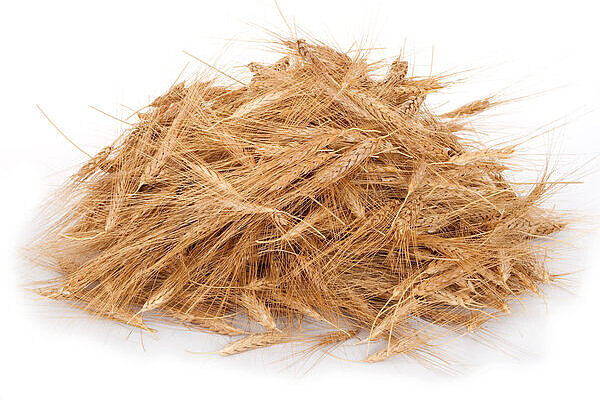Potato protein
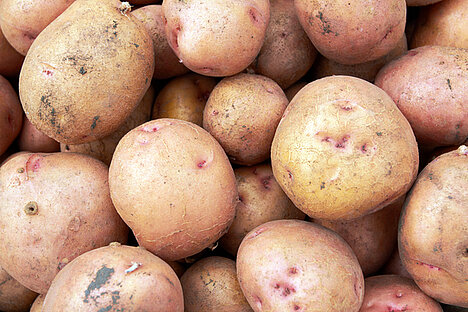
You may have heard of potato protein, but do you know what it is and how it affects your dog? In this article, you'll learn more about this plant-based protein source used in some dog foods.
What is potato protein?
Potato protein is a by-product of potato starch production. The potatoes are crushed, washed and pressed to extract the starch. The remaining water contains the potato protein, which is isolated by heating and drying.
Potato protein has a high protein content of around 75% and is easily digestible for dogs. It also contains many essential amino acids, which are important for building and maintaining muscles, skin, hair and other tissues.
What are the benefits of potato protein for dogs?
Potato protein can have several benefits for dogs, especially those suffering from allergies, intolerances or kidney problems.
- Potato protein is hypoallergenic, which means that it rarely triggers allergic reactions. This is because it contains no gluten and has few antigens that can irritate the immune system.
- Potato protein is low in purines, which means it contains few uric acid-forming substances. This is good for dogs that are prone to urinary stones or gout, as they need to excrete less uric acid.
- Potato protein is plant-based, which means it has a lower environmental impact than animal protein. This is good for dogs that should or must be fed a vegan or vegetarian diet, for example for ethical or health reasons.
What are the disadvantages of potato protein for dogs?
Potato protein is not perfect and also has some disadvantages that you should consider before feeding it to your dog.
- Potato protein is not complete, meaning it doesn't contain all the amino acids your dog needs. In particular, the amino acid taurine, which is important for heart health, is missing from potato protein. Therefore, it must be combined with other protein sources or supplements to ensure a balanced diet.
- Potato protein is expensive, meaning it costs more than other protein sources. This is because it is a complex process to extract and process potato protein. This is why it is usually only contained in high-quality or special dog foods, which have a higher price.
- Potato protein is not natural, i.e. it does not correspond to the original diet of dogs. Dogs are carnivores by nature and have adapted to a high-protein, low-carbohydrate diet. Although potato protein is high in protein, it is also high in carbohydrates, which can lead to obesity, diabetes or other metabolic disorders if fed in excessive quantities.
Potato protein is an interesting and useful source of protein for dogs with certain conditions or who need an alternative diet. It has a high protein content, is hypoallergenic, low in purines and plant-based. However, it must be supplemented with other protein sources or supplements to provide complete nutrition. It is also expensive and not natural for dogs.
If you notice any signs of hypersensitivity or poisoning in your dog, you should see your vet immediately. We are not a substitute for a vet, but we try to be as accurate as possible. Every dog reacts differently and we recommend you get a second opinion or consult your vet if in doubt.
Stay healthy and take good care of your four-legged friend!😊
Similar to Potato protein
Pea protein has several advantages for dogs that make it an attractive ingredient. Firstly, pea protein is hypoallergenic, which means that it does not trigger allergic reactions. This is...
Soy protein is the protein contained in soybeans. The soybean is a legume and originally comes from East Asia. There it has been used as a food for thousands of years. Various products are made from...
Rice protein is a powder made from rice grains. The carbohydrates and fats are separated from the protein and the protein is concentrated. Rice protein contains all the essential amino acids that...
Wheat protein, also known as gluten or seitan, is a protein that consists of the gluten protein of wheat. It has a high biological value, i.e. it contains all the essential amino acids that the...
